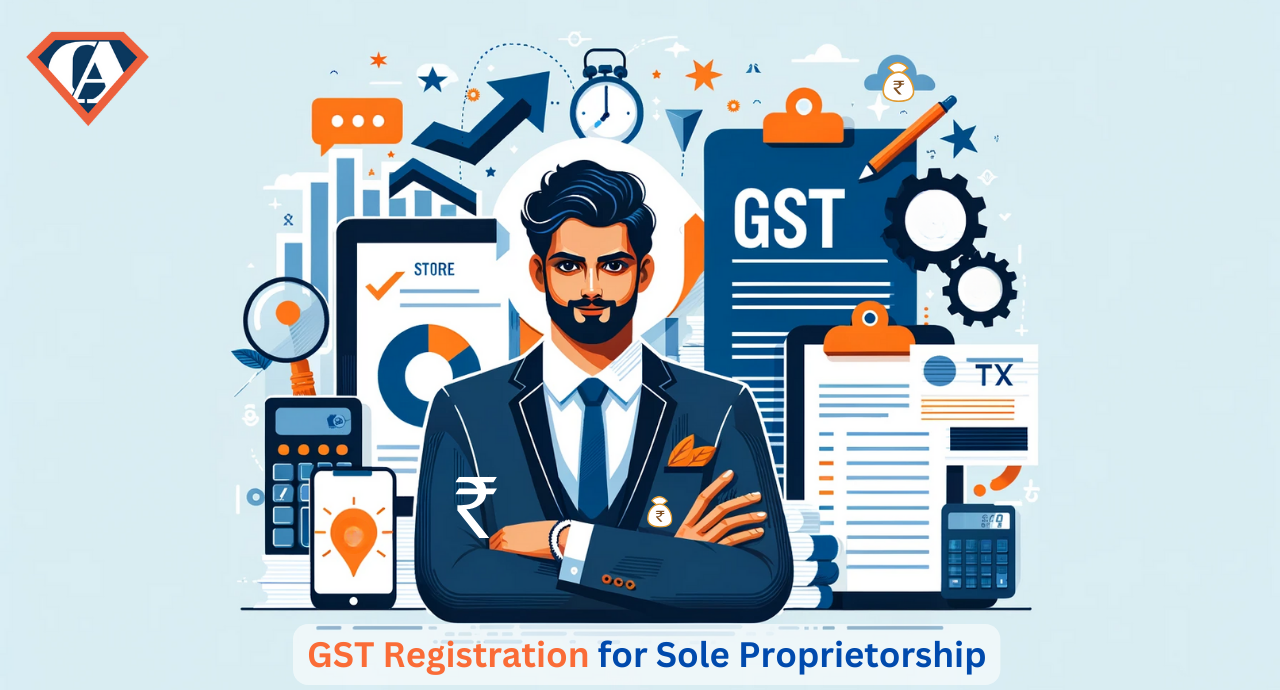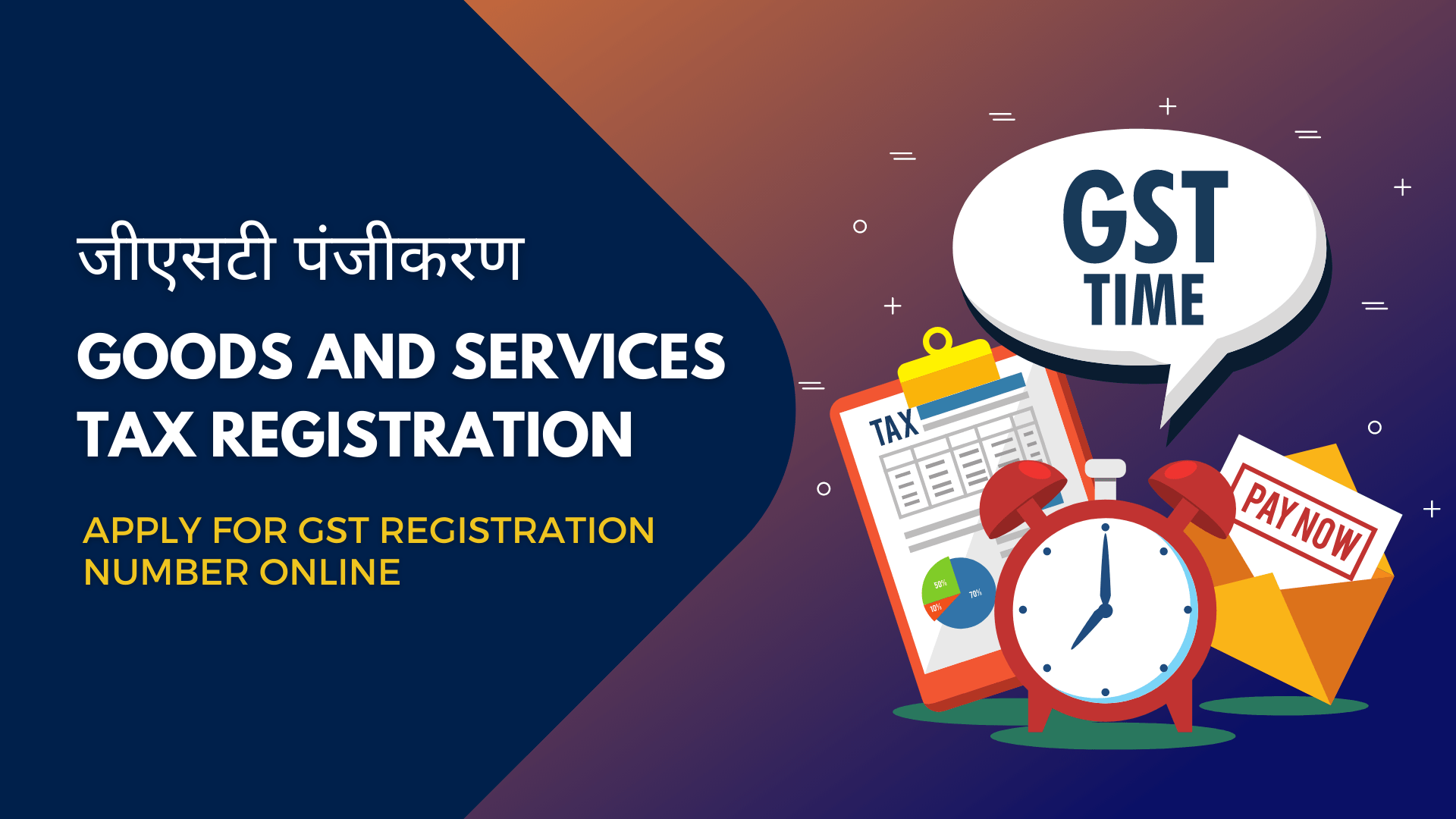Maximize Your Savings with the Best GST Registration Services in Singapore
Maximize Your Savings with the Best GST Registration Services in Singapore
Blog Article
Throughout: The Ultimate Roadmap to GST Registration for Organizations Seeking Financial Security
Navigating the intricacies of Item and Provider Tax Obligation (GST) registration is a crucial step for businesses striving for economic stability. Breaking down the roadmap right into convenient actions can improve the registration journey for companies looking to enhance their monetary standing.
Recognizing GST Basics
Delving into the essential principles of Item and Provider Tax (GST) is vital for acquiring a thorough understanding of its effects on companies and the economic situation. Input Tax Obligation Credit Scores (ITC) is a significant feature of GST, allowing services to declare credit report for tax obligations paid on inputs, lowering the total tax obligation concern. Understanding the basics of GST is essential for organizations to conform with tax guidelines, manage their finances successfully, and add to the country's economic development by taking part in a clear tax obligation system.
Qualification Criteria for Registration
As of the present guidelines, the threshold limit for GST registration is an annual aggregate turnover of 40 lakhs for organizations operating within a state, other than for unique classification states where the restriction is 20 lakhs. In addition, specific companies are called for to sign up for GST regardless of their turnover, such as interstate providers, laid-back taxable persons, and businesses responsible to pay tax under the reverse charge device. It is critical for services to thoroughly assess their turnover and deal types to identify their GST enrollment obligations accurately.
Papers Required for Enrollment
Having actually met the qualification requirements for GST registration, companies must currently ensure they have the requisite documents in area to continue with the registration procedure efficiently. The records needed for GST registration usually include evidence of service constitution, such as partnership act, registration certification, or consolidation certificate for different types of companies. Furthermore, businesses require to provide records establishing the major place of organization, such as a rental contract or electrical power bill.
Step-by-Step Registration Refine
Commencing the GST registration procedure entails a series of organized actions to guarantee a certified and smooth registration for services. The initial step is to go to the GST portal and submit the registration kind with accurate information of business entity. Following this, the applicant gets a Short-lived Reference Number (TRN) which is used to return to the application procedure if it's not completed in one try this out go.
Next, all required papers as per the checklist offered by the GST portal requirement to be posted. These files typically include proof of business enrollment, identification and address proofs of marketers, monetary declarations, and business entity's frying pan card.

Post-Registration Compliance Standards

Conclusion
To conclude, businesses looking for monetary security needs to comprehend the basics of GST, fulfill eligibility criteria, collect needed papers, follow the detailed registration procedure, and adhere to post-registration standards - Best GST registration services in Singapore. By sticking to these steps, companies can guarantee compliance with tax obligation guidelines and maintain monetary stability in the lengthy run
Furthermore, certain services are needed to register for GST regardless of their turnover, such as interstate suppliers, casual taxed individuals, and businesses accountable to pay tax under the reverse fee system.Having satisfied the eligibility standards for GST enrollment, services should currently ensure they have the requisite records article source in location to proceed with the enrollment process successfully. The files needed for GST registration normally include evidence of business constitution, such as partnership act, registration certificate, or visit this web-site incorporation certificate for different kinds of companies. Furthermore, businesses need to offer documents establishing the primary place of organization, such as a rental agreement or power bill.Starting the GST registration procedure entails a series of structured actions to guarantee a smooth and certified registration for services.
Report this page